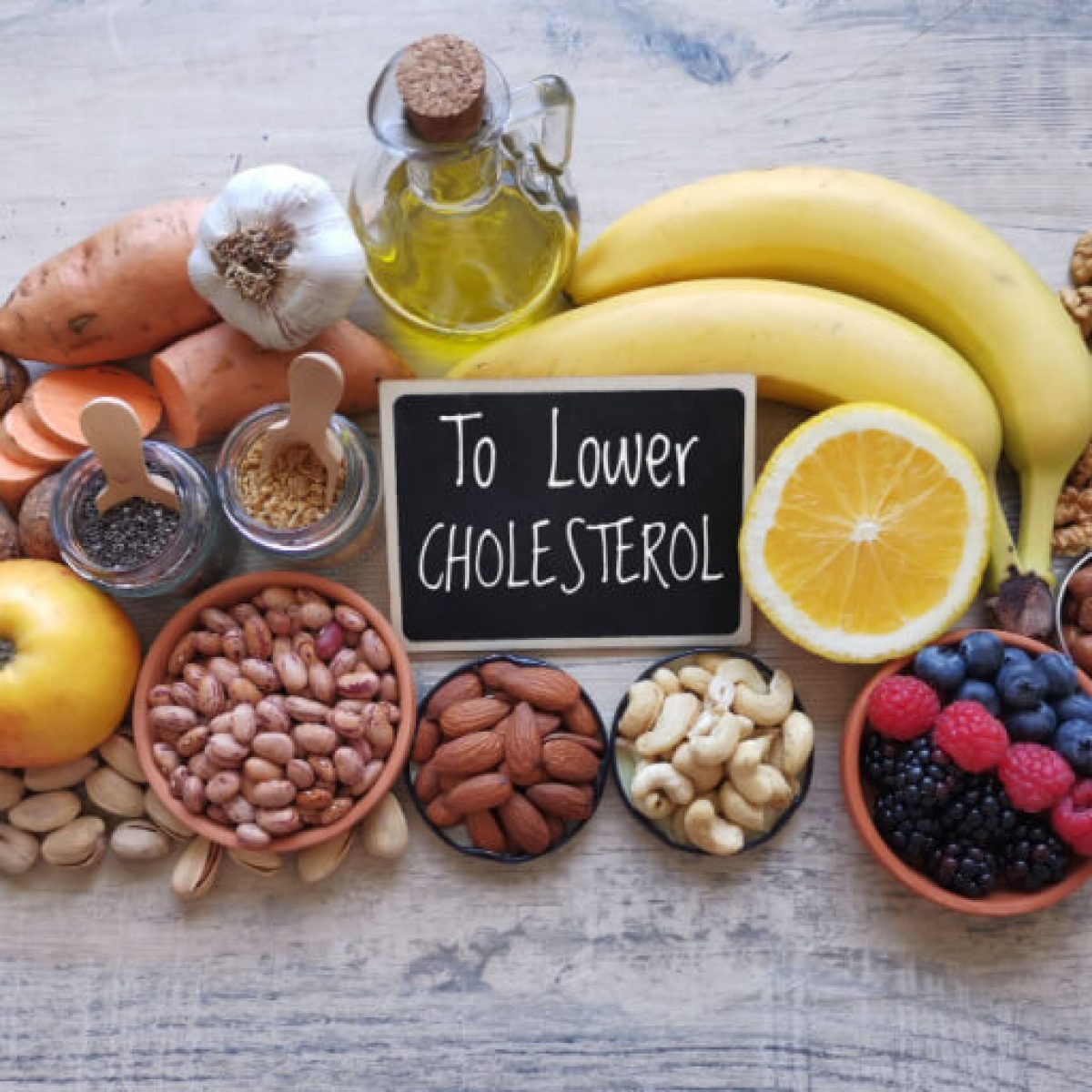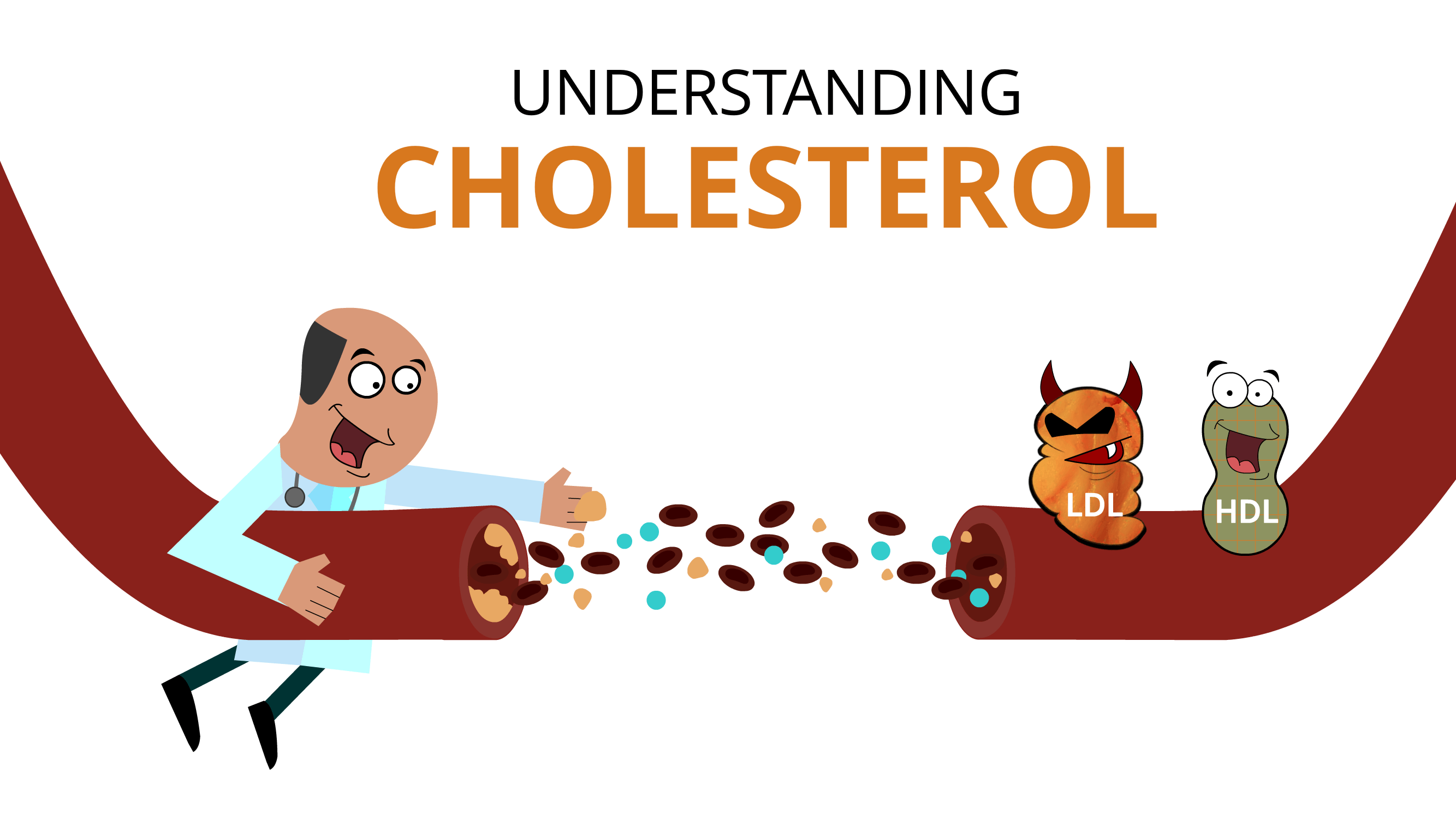
How to lower cholesterol?
, by saikat dutta, 4 min reading time

, by saikat dutta, 4 min reading time
How to lower cholesterol? High cholesterol is a silent killer, often causing no symptoms until it leads to serious health problems like heart disease and stroke. However, taking control of your cholesterol levels is possible and crucial for maintaining long-term health. This comprehensive guide will equip you with the knowledge and tools to effectively lower your cholesterol and improve your heart health.

Understanding Cholesterol: The Good, the Bad, and the Ugly

How to lower cholesterol? Cholesterol is a waxy, fat-like substance found in your blood. While it plays a vital role in building healthy cells and hormones, too much of it can build up in your arteries, forming plaque that restricts blood flow and increases the risk of heart disease.
There are two main types of cholesterol:
Identifying High Cholesterol: Know Your Numbers
How to lower cholesterol? The only way to know your cholesterol levels is through a blood test. Your doctor can advise you on the appropriate frequency of testing based on your individual risk factors.
Here's a breakdown of recommended cholesterol levels:
Lifestyle Modifications: The Cornerstone of Cholesterol Management
Before resorting to medication, consider implementing these lifestyle changes, which can significantly impact your cholesterol levels:
Embrace a Heart-Healthy Diet:
Get Regular Exercise: Aim for at least 30 minutes of moderate-intensity exercise most days of the week. Exercise helps raise HDL cholesterol levels and improves overall cardiovascular health.
Maintain a Healthy Weight: Losing even a small amount of weight can significantly improve your cholesterol levels.
Quit Smoking: Smoking damages blood vessels and increases LDL cholesterol, making you more susceptible to heart disease.
Medication: When Lifestyle Changes Aren't Enough
If lifestyle modifications fail to adequately lower your cholesterol levels, your doctor may prescribe medications:
Prevention is Key: Protect Your Heart From the Start
How to lower cholesterol? Early prevention is crucial for managing cholesterol and protecting your heart. Here are some preventive measures:


